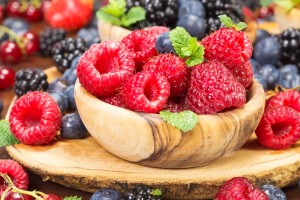Nutrition
Why nutrition is so important?
The body has the ability to heal itself all the time. For this purpose proper nutrition is required. There is an old saying “You are what you eat”. Despite this well known fact we abuse our bodies through poor nutrition, like eating junk food or processed food. This is exacerbated by exposure to environmental toxins, cigarette smoking, lifestyle, alcohol consumption and lack of exercise. If we do not give our body proper nutrients, we can impair the body’s normal function resulting in ill health. For instance until middle of 17 Century people were dying from scurvy which is due to vitamin C deficiency.
If you are going see a naturopath or a herbalist or any alternative health professional, you should be asked questions about you diet and lifestyle. Also when treating patient holistically, a practitioner will very often make recommendations on diet along with their other treatments. Diet can have enormous effect on the overall success of the treatment program. Also there are different nutritional needs due to an illness, inflammation, malabsorption or toxic overload.
For example an alternative medicine practitioner can recommend that a patient remove vegetables from Solanacea family (potatoes, tomatoes, capsicum) to reduce acidity of the body or to assist in the treatment of gout or arthritis.
Herbal medicine uses food (medicinal plants) in therapeutic dose. For instance turmeric is a powerful antioxidant and antinflammatory herbs. Globe artichoke reduces cholesterol level, stimulate digestion and stimulate production and flow of bile.
Nutritionists have been speaking out about the dangers of high-protein diets since its founding in 1985. Studies show that meat-heavy, high-protein eating patterns are, over the long run, linked to osteoporosis, heart disease, colon cancer, and renal disease, and pose particular dangers for people with diabetes.
Given the seriousness of these health risks, and the strength of the scientific evidence currently available, they hope it will encourage people to be wary of high-protein diets and to choose healthier options.

